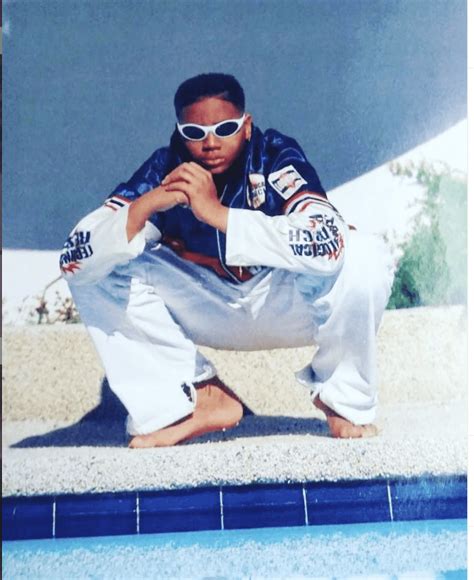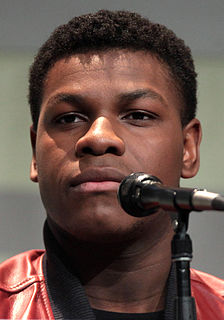A Quote by Atom Egoyan
We're still staring at TV screens, right? They're still monitors. But the way information is delivered is different. So it creates an interesting way of looking back at early films, because they're actually relevant in terms of the devices people are using. But the consideration, the debate, around those technologies was very different from what's being presented now.
Related Quotes
Of course, we're so lucky to be in a time where that's not our reality anymore. I just thought it was very interesting to go back to that time now, and to look at all of these issues that are still relevant today, but just in such a different way, and to see how we approach them and try to overcome them. Yeah, we've come a long way with medicine and women's health in the Western world, but in a lot of parts of the rest of the world, that's still a huge issue.
[Romeo + Juliet] is relevant when Hamlet and all of that was out, when [William] Shakespeare wrote it. It's relevant now. It's not a shocker, but then it is. I guess so because I'm in it, so it's shocking that it's still on TV. People are still talking about it. Hey, I'm still getting royalty checks from it. It's amazing to me and I hope it continues forever.
I'm very pragmatic in that I know there are very few greats in anything. I got lucky just to have gotten two of the real great filmmakers very early on. Better to have had them than to not have had them. I've been really fortunate. That's the key relationship on a movie: the director and the actor. Of course, you can't compare the experiences. When you're in your early 20s, you're a very different person. It was a very exciting time, and my whole world was changing. Now I'm looking back, and hoping I can still offer something. Still do good work.
Hollywood is so fixated on keeping it that way because it's generating the buzz, but that representation isn't right. I definitely feel like it's getting better - it's not only for blacks, but for people that are of all different skin colors. It is very important that black independent films get seen. We need to start getting used to black people. They exist. And they've been around for a long time. It's amazing that people still feel, "Oh my gosh, it's a black guy."
People tend to think of gentrification in terms of race because it's presented that way, and I think it's presented that way because in poor cities that's what's really going on. Beyond that, I think it's presented that way as a way for the people who are really pushing it to make it just a black problem, so people don't care.
The major difference for us in America with respect to Hispanic immigration is that it is so large and that it is coming from neighboring countries rather than those countries off the Atlantic or Pacific. That creates different issues and different problems for us as compared to the past. It is still very different, however, from the situation in Europe where we see people with a very different non-European religion coming from neighboring countries.
Different directors have different techniques in the use of films. Cronenberg is very different in the way he works with film, and how he takes the audience into his films is different than how Peter Jackson would do that or Jon Stewart. So, if you go between those artists, you shift gears and you kind of fall into the working method of that film.
In strictly medical terms, there's no difference between HIV and diabetes; they're not curable, but they're very, very highly treatable, and early information is power. The only thing - literally the only thing - that is different is the stigma. And we have to overcome it, because it is now the only reason people are dying.
I feel more like a creative artist using photography because there's - the digital work is so interesting now. It's come to that. I have had many different stages of photography - there are many different ways to take photos. But I feel now I'm in that stage of my life where I use the camera, you know, in that way.
Things are shifting; man is evolving in many different ways. The Internet has created a portal for people to connect with each other in a way they never could have before. When it comes to African-American or black films, it's different because there is a model that you can actually look at, an equation that shows that these films earn money.
I studied philosophy in school, became disgruntled by the fact that it was a way to have a very interesting conversation with very few people about very few things in very narrow terms and yet still believed (and still believe today) that there was something that I was getting myself involved in when I said I wanted to study philosophy.






































